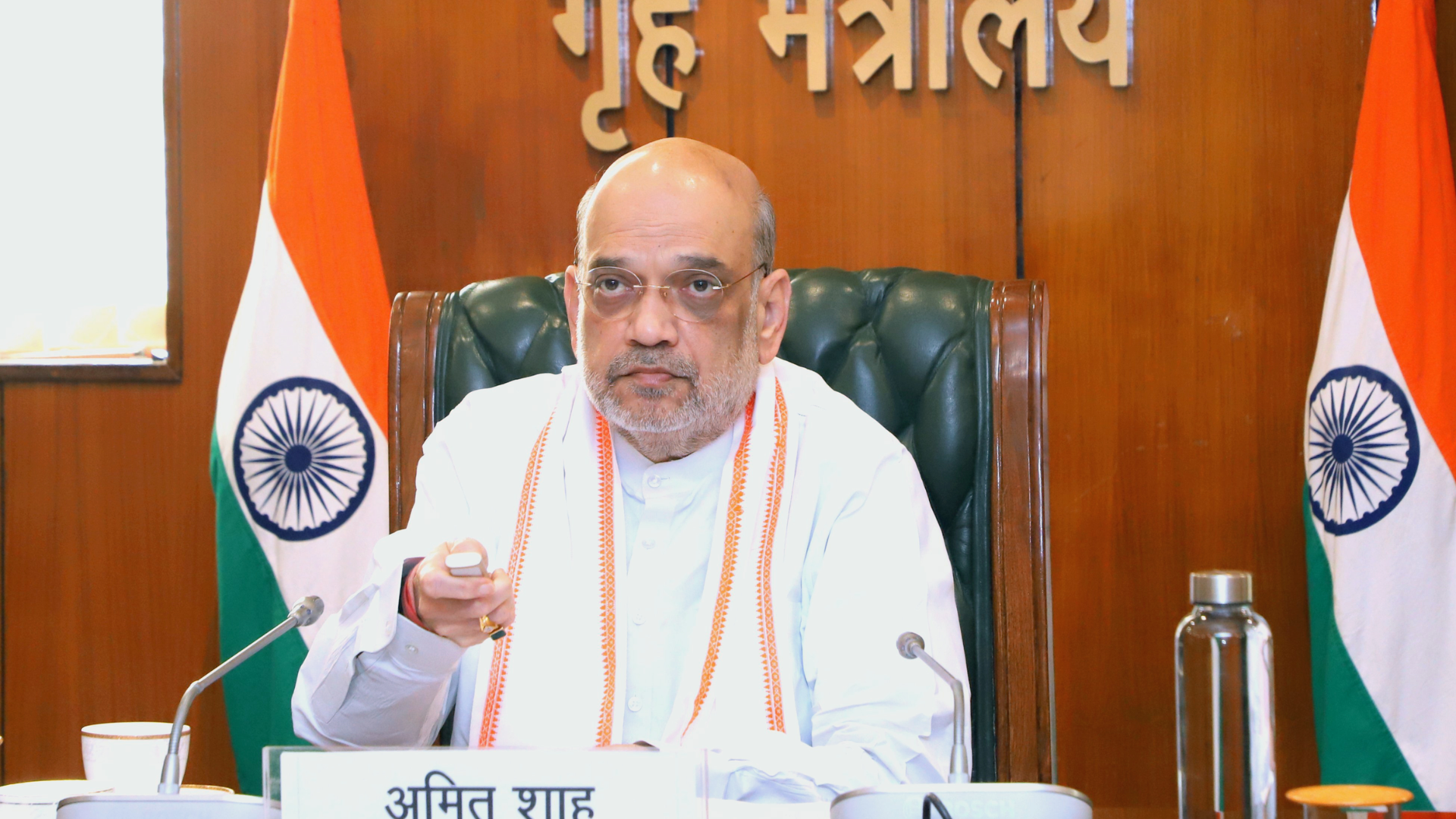Assam Chief Minister Himanta Biswa Sarma announced that Union Home Minister Amit Shah is scheduled to visit Assam on April 6, ahead of the upcoming Lok Sabha elections. Shah’s visit is part of the Bharatiya Janata Party’s (BJP) election campaign strategy for the state, where polls will be held in three phases for the 14 parliamentary constituencies.
During his visit, Amit Shah will address two election rallies in Lakhimpur and Hojai, both falling under the Kaziranga parliamentary constituency. Sarma emphasized that the BJP candidates have already initiated their election campaigns, holding meetings at the panchayat level and addressing multiple gatherings daily. He also disclosed his plan to commence his election campaign from Majuli on April 1, participating in a cycle rally.
Sarma highlighted the significance of the BJP’s campaign strategy, focusing on conducting a socio-economic survey to ensure that beneficiaries have not been overlooked from government schemes. This survey, set to commence on April 1 or 2, will involve party workers visiting households across the state to ascertain the effectiveness of government programs.
Asserting confidence in the BJP’s electoral prospects, Sarma predicted victory in 11 Lok Sabha seats with a decisive mandate, foreseeing a tough contest in two constituencies. He noted that in Karimganj and Nagaon seats, the primary competition would be with the All India United Democratic Front (AIUDF), with a possibility of triangular contests. Similarly, he anticipated a competitive race in the Dhubri seat between AIUDF and Congress.
In addition to discussing election preparations, Sarma outlined the state government’s post-election agenda, including plans to ban polygamy in Assam. He affirmed that measures to address issues like the Uniform Civil Code (UCC) would be pursued after the Lok Sabha polls.
The Lok Sabha elections in Assam are scheduled to take place in three phases on April 19, April 26, and May 7, alongside the nationwide polling for 543 parliamentary seats. The state boasts a total of 14 parliamentary constituencies, and nearly 97 crore eligible voters are expected to participate in the general election.
Sarma’s statements underscore the BJP’s commitment to consolidating its electoral position in Assam, with high-profile visits from party leaders and a comprehensive campaign strategy aimed at securing a decisive victory. The announcement of post-election policy initiatives further reflects the party’s agenda for governance and legislative reforms beyond the electoral contest.
As the election fervor intensifies in Assam, political stakeholders are gearing up for a keenly contested poll battle, with the outcome expected to shape the state’s political landscape and policy direction in the coming years. The engagement of key leaders like Amit Shah underscores the significance of Assam in the BJP’s electoral calculus and broader political strategy at the national level.





